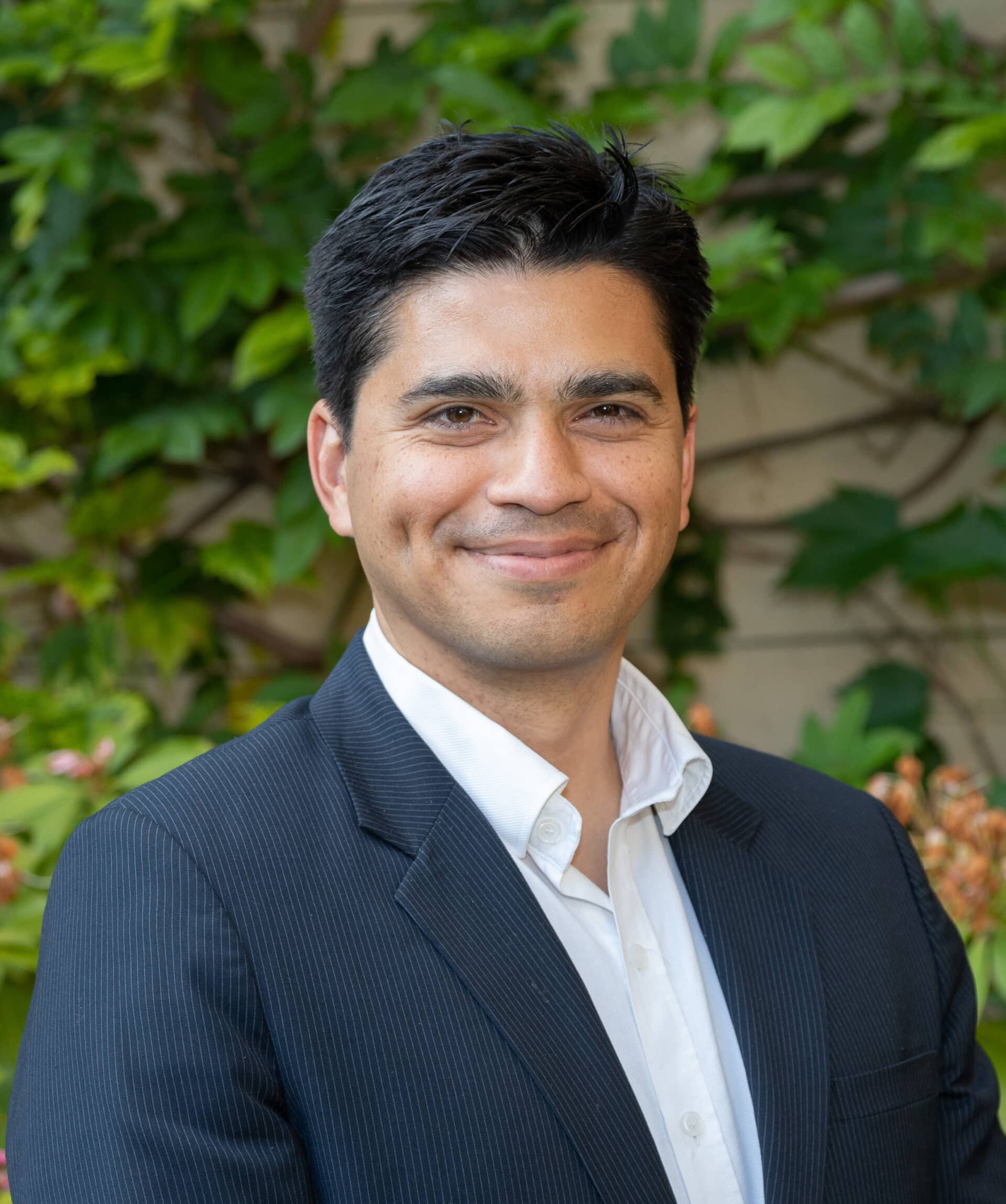In 2021, we reached World Overshoot Day on 29th July. This is a date in the calendar that spotlights the moment in which humanity’s demand for ecological resources and services in a given year exceeds what Earth can regenerate in that year.
World Overshoot Day is a symbolic alarm to wake up and act fast to stop the ecological exploitation of our world. More importantly, it can also serve as a reminder that we must focus on removing the root causes of our planet’s degradation.
Our common home is suffering multiple crises, but they are all interconnected. From climate change extremes, to skyrocketing economic inequality, from global Covid-19 pandemic waves to biodiversity extinction waves, they are all symptoms of the same illness.
Our current global neoliberal capitalist system shapes our world with policies and practices that use people and nature for profit.
And yet, as clear as it is, we continue feeding and nurturing this resource-hungry economic machine that munches away the rich tapestry that sustains all life in our planet from forests to clean water, from land minerals to biodiversity, inspired on dreams of infinite growth in a finite planet.
As I feel the gentle breeze of the fan ventilating my room in this hot summer’s day in the UK, I cannot help thinking that World Overshoot Day is just one more alarm bell that we cannot ignore.
We have had enough alarm bells. Our way of life is killing life. This madness is aptly illustrated by the fact that this month billionaires skyrocketed into space to enjoy four minutes of weightlessness, propelled by vast amounts of money and hubris.
The current attempt to find life on other planets is happening against the backdrop of our own precious planet’s death.
We must radically shift course if we want humanity to survive. We must hear the cry of the victims of our man-made crises.
Climate change triggers disasters that are not natural nor normal. People are shaken by torrential rains, swept by epic floods, burnt by scorching heat, become thirsty by drought.
But as we continue expelling carbon dioxide from our resource intensive industries and converting people into cogs of a consumerist, materialist logic we maintain our steady march towards the abyss.

As Pope Francis’ Laudato Si’ Encyclical highlighted “we are faced not with two separate crises, one environmental and the other social, but rather with one complex crisis which is both social and environmental.”
At the current pace of human demands, we would require 1.6 Earths to maintain the world’s current living standards.
To wake up and change, we ought to start by creating new measures of social and economic wealth that care for our common home, new policies that are not blind to inequality, social exclusion, and environmental degradation.
We must redesign our global financial systems, our global taxes to disinvest in economic activities generating CO2 and inequality, redirect investment to sustainability, focus on environmental transformation and education, and embrace new ways of protecting and helping our ecosystems flourish.
It’s hard not to worry and grieve as I read about the consequences of our overshooting Earth.
These last few weeks the news has been filled with stories about ordinary people gasping for air in a flooded metro station in Zhengzhou, China while in only three days, a years’ worth of rain – 640mm (25.2in) fell. A one-in-1,000-year event according to government officials.
Or, by the deeply saddening loss of life in the German town Erfstadt destroyed by floods, or about the people in Lytton, British Columbia where a day after being hit by the highest ever temperature of 49.6 degrees Celsius recorded in that region, it burned down in flames.
In the context of the global Covid-19 pandemic we discover the deep meaning of our connections and love, our humble mortality and vulnerability in this suffering world.
Perhaps we also ought to wake up to the spiritual truth that this world, all of life, is a unique gift of Creation and that caring for it is a responsibility we must embrace. The sooner we do, the better.
Carlos Zepeda is the Assistant Director in Policy and Practice at the Laudato Si’ Research Institute.
Image: Unsplash/Matthew Smith

